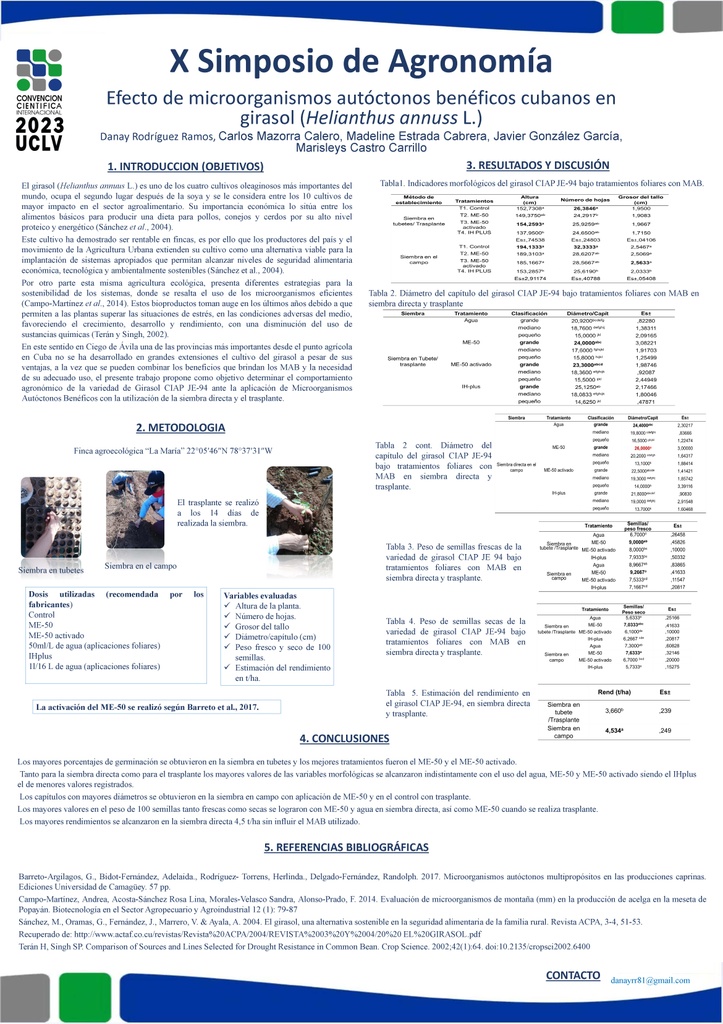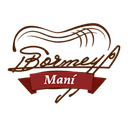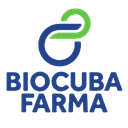Executive Secretary

9th International Scientific Conference on Agricultural Development and Sustainability
10th Symposium of Agronomy

Abstract
Bioproducts have gained popularity in recent years as they help plants overcome stress situations in adverse environmental conditions while promoting their growth, development, and yield. Additionally, their use reduces the need for chemical substances. Given the insufficient availability of studies on Beneficial Autochthonous Microorganisms in sunflower and the potential of this crop for the agri-food sector, the objective of this work was to determine the morpho-agronomic behavior of the CIAP JE-94 cultivar with the application of Cuban autochthonous beneficial microorganisms in direct sowing and transplantation. The research took place on an agroecological farm. A bifactorial experiment was carried out with four treatments, each replicated three times. Treatments consisted of weekly foliar applications with water (control), ME-50, activated ME-50, and IHPLUS according to recommended doses by manufacturers. Their effect on direct sowing and transplantation was evaluated by determining germination percentage, height, stem diameter, number of leaves, head diameter, dry/fresh seed weight, and yield. The highest germination percentages were obtained in tube sowing, and the best treatments were ME-50 and activated ME-50. The evaluated bioproducts did not show significant differences in relation to morphological variables. However, IHPLUS recorded the lowest values in these variables. Yields were higher in direct sowing, with 4.5 t/ha obtained without influencing the microorganism used. Results showed the need to conduct dose studies for each bioproduct in this cultivar.
Resumen
Los bioproductos son cada vez más utilizados en el mundo, al contribuir a que las plantas superen situaciones de estrés, incrementen crecimiento, desarrollo y rendimiento. Además, su uso reemplaza la utilización sustancias químicas. Dada la insuficiente disponibilidad de estudios sobre los Microorganismos Autóctonos Benéficos en el girasol y la potencialidad de este cultivo para el sector agroalimentario, el objetivo del trabajo fue determinar el comportamiento morfoagronómico del cultivar CIAP JE-94 ante la aplicación de microorganismos autóctonos benéficos cubanos en siembra directa y trasplante. La investigación transcurrió en una finca agroecológica. Se realizó un experimento bifactorial, con cuatro tratamientos y cada uno se replicó tres veces. Los tratamientos consistieron en aplicaciones foliares semanales con agua (control), ME-50, ME-50 activado e IHPLUS según dosis recomendadas por los fabricantes. Se evaluó su efecto en la siembra directa y el trasplante con la determinación del porcentaje de germinación, altura, diámetro del tallo, número de hojas, diámetro del capítulo, peso de semillas secas/frescas y rendimiento. Los mayores porcentajes de germinación se obtuvieron en la siembra en tubetes y los mejores tratamientos fueron el ME-50 y el ME-50 activado. Los bioproductos evaluados no presentaron diferencias significativas en relación con las variables morfológicas. Sin embargo, el IHPLUS registró los menores valores en dichas variables. Los rendimientos fueron superiores en la siembra directa obteniéndose 4,5 t/ha, sin influir el microorganismo utilizado. Los resultados evidenciaron la necesidad de efectuar estudios de dosis a utilizar de cada bioproducto en este cultivar.
About The Speaker

Danay Rodríguez Ramos

Discussion

